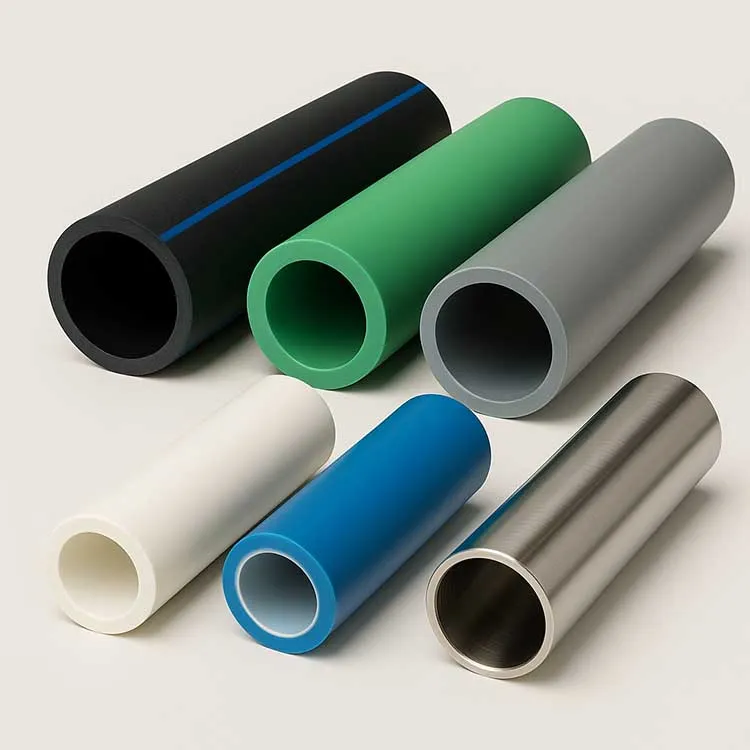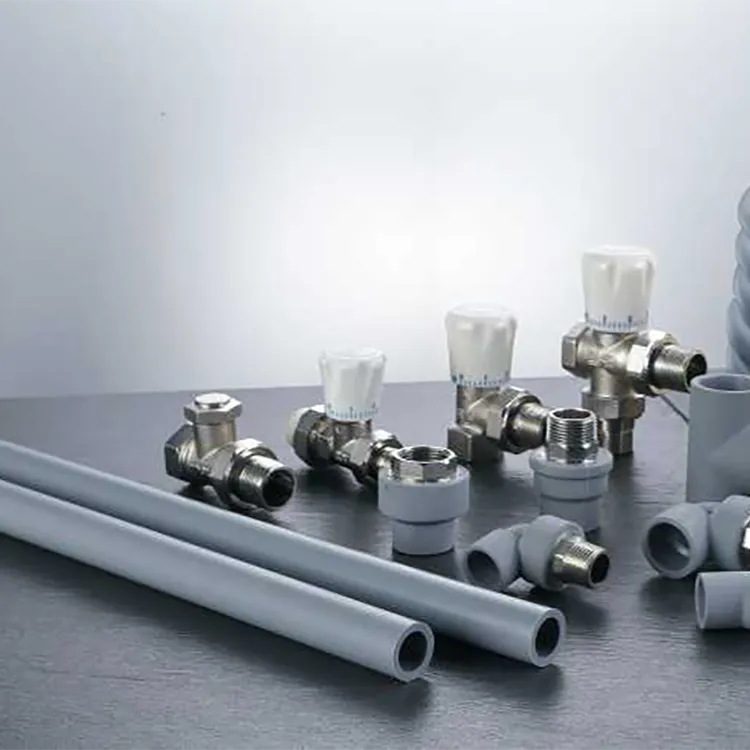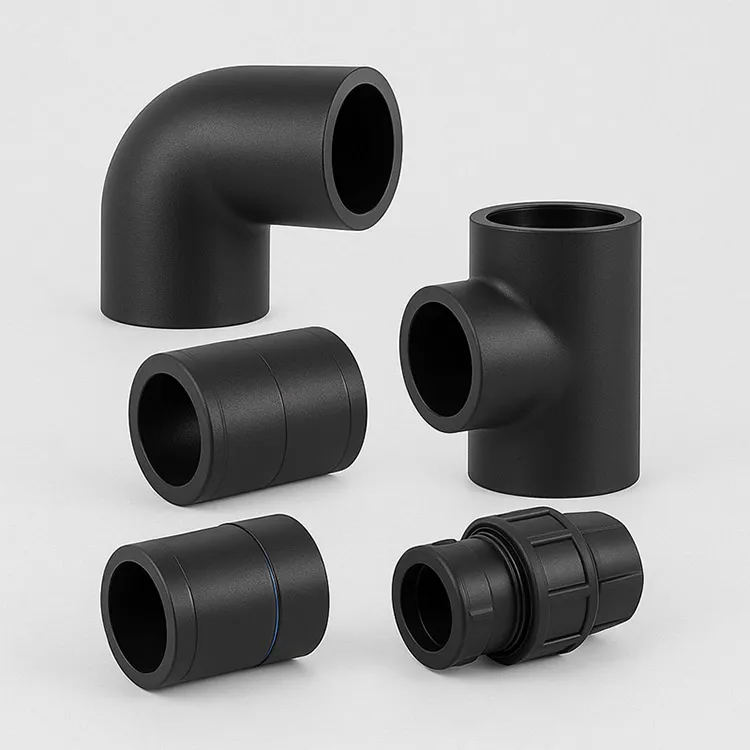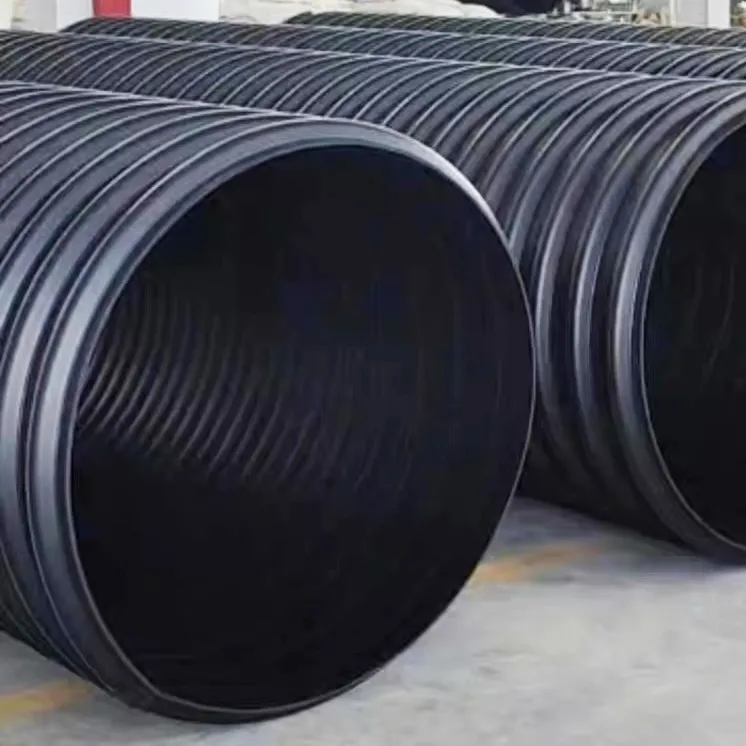What is PVC Electrical Conduit Pipe?
PVC conduit pipe is a type of electrical cable pipe used for conduit installation. The pipe is made of polyvinyl chloride (PVC) and is flexible and durable. It’s black in color because PVC is not colorfast. Conduit pipe is flexible, sturdy, and offers a degree of protection for electrical cables. Its flexibility allows it to bend where necessary without kinking or snapping. Conduit pipe has a smooth interior and exterior surface designed to reduce abrasion and prevent wear on cables. With its flexible design and sturdy construction, conduit pipe is suitable for conducting power to electric circuits, providing cable television (CATV) service, and use as a phone cabling conduit.
PVC Conduit Pipe for Installation Purpose
Conduit pipe is one of the most commonly used materials for electric cable installation. It’s used in commercial and residential buildings for wiring and communications purposes. Conduit pipe comes in various sizes, including Schedule 40, Schedule 80, and Schedule 90. Schedule 40 PVC conduit is flexible enough to be used as a residential cable. Schedule 80 and Schedule 90 are stiffer materials that have greater capacity for supporting heavy gauge wiring. Conduit pipe is available in black, blue, green, grey, orange, red, and yellow plastic. It’s also available with a polyethylene (PE) or polyvinyl chloride (PVC) jacket that improves its flexibility and resists friction with cables. The interior of the pipe is smooth to reduce friction and maintain a clear path for cables. Conduit pipe is fabricated from a range of material grades depending on the application. It has a smooth, round internal diameter of 3/8 inches or 1/2 inches for flexible installation or mounting.

PVC Conduit Pipe with Fittings
PVC conduit with fittings is the most cost-effective installation method for conduit pipe. It’s used in homes and small commercial buildings. This type of conduit pipe is made of black PVC with a black polyethylene (PE) jacket and types of fittings. It has a smooth, round internal diameter of 3/8 inches or 1/2 inches and is flexible enough to be used as a residential cable. PVC conduit with fittings is available in various sizes to accommodate various conduit requirements. PVC conduit with fittings is fabricated with a range of grades to meet specific requirements. It has a smooth, round internal diameter of 3/8 inches or 1/2 inches for flexible installation or mounting. Its interior is smooth and has no rough edges or cracks to reduce friction and maintain a clear path for cables. It’s flexible enough to be used as a residential cable.
PVC Conduit Pipe with Junction Box
PVC conduit with junction box is used in commercial and industrial buildings. It has a black PVC conduit pipe with a black polyethylene (PE) jacket and black junction box. It has a smooth, round internal diameter of 3/8 inches or 1/2 inches for flexible installation or mounting. PVC conduit with a junction box is fabricated with a range of grades to meet specific requirements. Its smooth, round internal diameter of 3/8 inch or 1/2 inch for flexible installation or mounting. Its interior is smooth and has no rough edges or cracks to reduce friction and maintain a clear path for cables. Its black PVC conduit pipe has a smooth, rounded outer surface to protect the cables.

Conclusion
Whether you’re installing new electrical wiring in your home, updating an old electrical panel, or just want to make your home safer and more energy-efficient, installing cables and wires can be a hassle. One of the great things about installing circuit breakers is that they’re available in a variety of materials. Some installers prefer using PVC conduit pipe because it’s so cost-effective. Others may not like the look of the black plastic pipe and fittings used for PVC conduit. This article highlights both the pros and cons of using PVC electric cable pipe for installation purposes.



981.webp)

 (1)379.webp)

294.webp)
476.webp)
420.webp)
146.webp)
460.webp)
287.webp)
274.webp)
688.webp)


